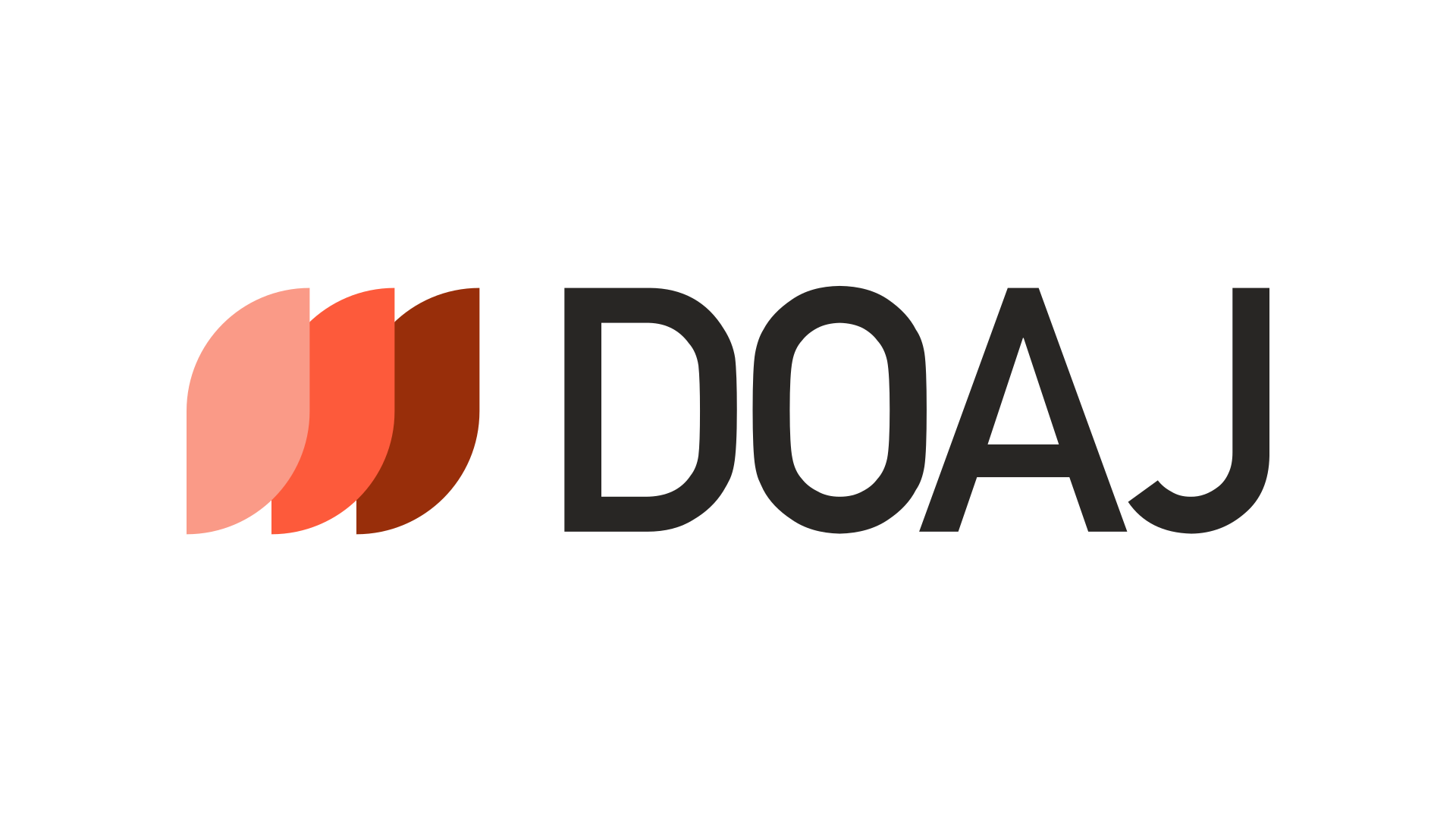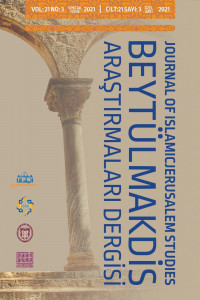Articles
Aim & Scope
The Journal of Islamicjerusalem Studies (JIJS) is an international scholarly journal, publishing double-blind peer reviewed academic paper. It is available online to promote critical, historical, and constructive conversations.
JIJS is the first and the only refereed scholarly journal that is dedicated to the academic study of Islamicjerusalem. The Journal publishes articles, documentations, reports, review articles and book reviews.
JIJS aims to provide a forum for scholars working on the subject and all those who wish to enhance their appreciation of any aspect of Islamicjerusalem, including Islamic Studies, History and Archaeology, Art and Architecture, Literature's and Linguistics, Geography and Geology, Environment and Politics, and other disciplines. The journal tries to advance the study of the significance and the centrality of Islamicjerusalem to the Islamic Faith and Muslim identity. To promote better understanding of the region, the journal will also include scholarly contributions studying relations between Muslims and non-Muslims, past and present.
The Journal has opened up a new area of specialisation in Islamicjerusalem studies with original articles addressing Islamicjerusalem from a wide range of subjects in this area. Addressing a gap in the published periodical literature, JIJS especially seeks to encourage research into historical, theological, empirical, theoretical, conceptual or cultural themes and topics.
As such, this journal will be essential avenue for all those who study the "Middle East" and the Muslim World. JIJS strives to enhance their appreciation of any aspect of Islamicjerusalem, including Islamic Studies, History and Archaeology, Art and Architecture, Literature's and Linguistics, Geography and Geology, Environment and Politics, and other disciplines.
Author Guidelines
The Journal of Islamicjerusalem Studies (JIJS) welcomes article submissions and does not charge a publication fee; no Article processing charge (APC) and no submission charges.
The publication language of the Journal of Islamicjerusalem Studies (JIJS) is English, Arabic and Turkish.
The submission has not been previously published, nor is it before another journal for consideration (or an explanation has been provided in Comments to the Editor).
The article should be submitted in MS Word format (without author’s name and affiliation) via the journal’s website: http://dergipark.gov.tr/beytulmakdis
Papers presented at conferences may be published provided that necessary explanations are made.
The submitted article must be in accordance with the research and publication ethics (see our ethics and malpractice statement).
The submitted article to JIJS will be sent to a minimum of two reviewers who will be evaluated by the "double-blind review" method.
In case of different opinions of two referees, a third reviewer shall be consulted. The paper is published if at least two reviewers give a positive report. The reviewers reports will be available to the author(s).
References should follow the 6th Edition APA System (Author-date system). For Arabic article, we accept endnote style citation.
All submitted article should include English language bibliographic information, including Titles, Abstracts, Keywords and Cited references. In addition, the author must provide references in Roman script.
The copyright of the articles published in the journal is deemed to have been transferred to the Journal of Islamicjerusalem Studies.
All new articles are published in PDF format at http://dergipark.gov.tr/beytulmakdis
Ethical Principles and Publication Policy
Journal of Islamicjerusalem Studies is a peer-reviewed international journal committed to upholding the highest standards of publication ethics. Hence, by submitting an article to this journal author(s) agree to comply with the following Publication Ethics and Malpractice Statement, mainly based on the Ethical Code of the Committee on Publication Ethics (COPE).
Authors Responsibilities
- Originality and Plagiarism - All manuscripts must be the original work of authors and not evidence plagiarism.
- Authorship of the Paper - Authorship of a manuscript should be limited to authors who have made significant contributions.
- Multiple, redundant or concurrent publication - Authors must not submit the same manuscript to more than one journal concurrently.
- Acknowledgement of sources - Authors must properly and accurately acknowledge the work of others.
- Disclosure and Conflicts of interest and financial support - authors should disclose any financial or other substantive conflict of interest that might influence the results or interpretation of their manuscript and acknowledge individuals or organisations that have provided financial support for research.
Editors Responsibilities
- Publication Decisions - Editors are responsible for deciding which of the manuscripts submitted to the journal should be reviewed or published.
- Fair play - Editors should ensure the integrity of the publication review process. As such, editors should not reveal either the identity of authors of manuscripts to the reviewers, or the identity of reviewers to authors.
- Confidentiality - Editors must treat received manuscripts for review as confidential documents and must not disclose any information about submitted manuscripts to anyone other than the corresponding author, reviewers, other editorial advisers, and the publisher.
- Disclosure and Conflicts of Interest - Editors and any editorial staff must not use materials disclosed in a submitted manuscript (published or unpublished) for their own research without the author’s written authorization.
- Investigations – Editors shall conduct proper and fair investigation into ethical complaints.
Reviewers Responsibility
- Confidentiality - Reviewers should keep all information regarding papers confidential and treat them as privileged information.
- Standards of Objectivity - Reviews should be conducted objectively, with no personal criticism of the author.
- Contribution to Editorial Decision - Reviewers should express their views clearly with supporting arguments.
- Promptness - Reviewers should complete their reviews within a specified timeframe.
- Disclosure and Conflicts of Interest - Reviewers should not review manuscripts in which they have conflicts of interest resulting from competitive, collaborative, or other relationships or connections with any of the authors, companies, or institutions connected to the papers.
Report on Ethics and Malpractice Issues
Editors (in conjunction with the publisher and/or society) will take responsive measures when ethical concerns are raised with regard to a submitted manuscript or published paper. Every reported act of unethical publishing behaviour will be looked into, even if it is discovered years after publication. If, on investigation, the ethical concern is well-founded, a correction, retraction, expression of concern or other note as may be relevant, will be informed to the relevant parties. This may include a formal notice published in the journal; a formal notice to the employer/institution/ organisation of the individual concerned ; and a formal notice to relevant professional bodies of the misconduct committed.
ISSN:1367-1936, e-ISSN:2514-6009






